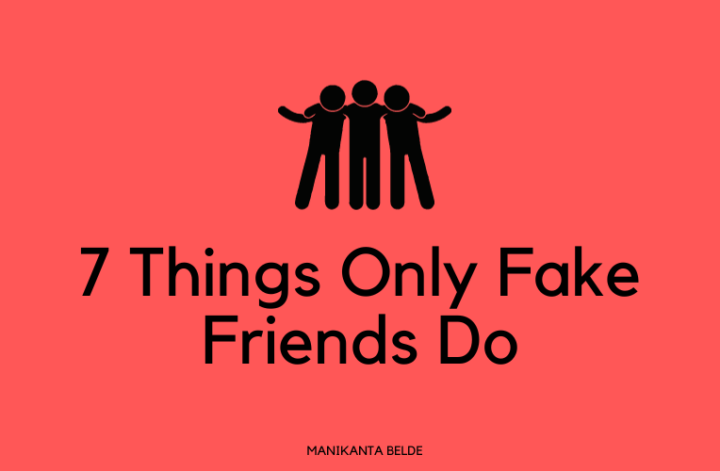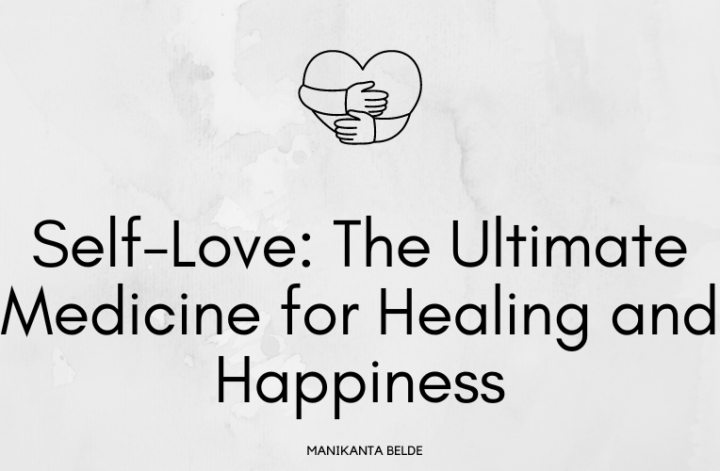As humans, we all crave companionship and connection in our lives. Friendships are an important aspect of our social well-being, providing us with support, laughter, and understanding. However, not all friendships are built on genuine intentions.
Fake friends, or those who may appear to be supportive and loyal, often have ulterior motives that can leave us feeling betrayed and hurt. It is important to recognize the signs of fake friends in order to protect ourselves from toxic relationships.

In this article, you will learn about seven common behaviors that only fake friends exhibit. By understanding these traits, you can better navigate your friendships and prioritize those who truly have your best interest at heart. Whether you are currently questioning a friendship or simply looking to learn more about the dynamics of fake friends, this article will provide valuable insights to help you maintain meaningful and healthy connections in your life.
So, let’s delve into the world of fake friends and uncover the tactics they use to manipulate and deceive those around them.
1 Fake friends gossip and betray.
When it comes to fake friends, one of their most common behaviors is gossiping and betraying your trust. These individuals thrive on spreading rumors, talking behind your back, and stirring up drama. They may pretend to be your friend, but deep down, they are only interested in gathering information to use against you or to manipulate others. This type of behavior can be emotionally draining and damaging to your relationships.
So why do fake friends engage in gossip and betrayal? Perhaps they feel insecure or envious, and tearing others down makes them feel superior. Remember, real friends support and uplift each other, while fake friends only seek to tear you down. It’s important to surround yourself with genuine and trustworthy friends who will have your back and treat you with respect.
2 They only reach out when convenient.
Have you ever noticed that some friends only seem to reach out when it’s convenient for them? It’s a common trait of fake friends. These individuals only make an effort to connect with you when they need something or when it benefits them in some way. They may disappear for weeks or even months at a time, only to resurface when they require a favor or want to borrow something.
It can be disheartening to realize that someone you considered a friend is only interested in maintaining contact when it suits their needs. Real friends, on the other hand, make an effort to stay connected regardless of convenience.
They show genuine care and interest in your life, reaching out regularly to check in, catch up, and offer support. Surround yourself with these true friends who value your relationship, rather than those who only prioritize their own convenience.
3 They make you feel drained.
Do you find yourself feeling emotionally and physically drained after spending time with certain friends? It’s not uncommon for fake friends to have that effect on you. These individuals often take more than they give, leaving you depleted and exhausted. They may constantly complain about their own problems without showing any interest or concern for yours.
They may also manipulate and guilt-trip you into doing things for them, leaving you feeling used and drained. It’s important to recognize these patterns and set boundaries to protect your well-being. Surround yourself with real friends who uplift and energize you, rather than fake friends who drain your energy and leave you feeling depleted. Remember, you deserve relationships that are mutually supportive and fulfilling.
4 Fake friends are only there for drama.
Have you ever noticed that whenever you’re around certain friends, drama always seems to follow? Fake friends have a knack for stirring up trouble and creating unnecessary drama in your life. They thrive on gossip, rumors, and conflict, constantly seeking attention and validation through these negative behaviors.
They may enjoy causing drama between you and others, spreading rumors or manipulating situations to create tension and chaos. It’s important to distance yourself from these toxic individuals and surround yourself with genuine friends who prioritize peace and positivity in your relationships. Remember, true friends are there to uplift and support you, not to create unnecessary drama.
5 They talk behind your back.
Have you ever had the unsettling feeling that some of your friends may be talking about you behind your back? It’s a common experience that can leave you feeling hurt and betrayed. Fake friends often engage in this toxic behavior as a way to manipulate and control others. They may spread rumors, share personal information, or make negative comments about you when you’re not around.
While it’s unfortunate to encounter people like this, it’s important to remember that their behavior is a reflection of their own insecurities and lack of authenticity. Instead of dwelling on their words, focus on surrounding yourself with real friends who value open communication and treat you with respect. Building strong, genuine connections will ultimately bring more positivity and happiness into your life.
6 They never have your back.
Do you ever find yourself in situations where you need support, but your friends are nowhere to be found? It can be disheartening when you realize that they never have your back in times of need. Fake friends are notorious for their lack of reliability and loyalty. They may make promises they never intend to keep or conveniently disappear when you’re facing challenges. Real friends, on the other hand, are there for you through thick and thin.
They provide a listening ear, offer encouragement, and are willing to lend a helping hand when you need it most. Surrounding yourself with real friends who genuinely care about your well-being will ensure that you have a strong support system in place.
7 They never apologize or make amends.
Have you ever had a friend who never takes responsibility for their actions or apologizes when they’ve done something wrong? It can be frustrating and hurtful to have someone in your life who never makes amends for their mistakes.
Fake friends tend to avoid taking accountability for their behavior, leaving you feeling unheard and invalidated. Real friends, on the other hand, understand the importance of owning up to their faults and making sincere apologies when they’ve hurt someone.
They value your feelings and are willing to make amends to repair any damage caused. Surrounding yourself with genuine friends who are willing to take responsibility for their actions will create a healthier and more positive dynamic in your relationships.
Remember: Choose quality over quantity always.
When it comes to friendships, it’s important to remember the old saying: choose quality over quantity. You may be tempted to have a large circle of friends, thinking that more is always better. However, it’s far more fulfilling to have a few close and genuine friendships rather than a multitude of superficial connections.
Fake friends tend to prioritize quantity, always seeking to expand their social network without truly investing in meaningful relationships. They may flit from person to person, never truly forming deep connections or demonstrating genuine care and support. By choosing quality over quantity, you prioritize nurturing and investing in relationships that bring you joy, trust, and fulfillment. Surrounding yourself with real friends who value and appreciate you will lead to more authentic connections and a happier, more fulfilling social life.
Remember, true friends are those who support and uplift you, not bring you down. If you ever encounter any of these 7 things in a friendship, it may be time to reevaluate if that person is truly a friend. Surround yourself with genuine and caring individuals who will always have your best interest at heart. You deserve to have healthy and positive relationships in your life. So don’t be afraid to let go of fake friends and make room for real ones.




